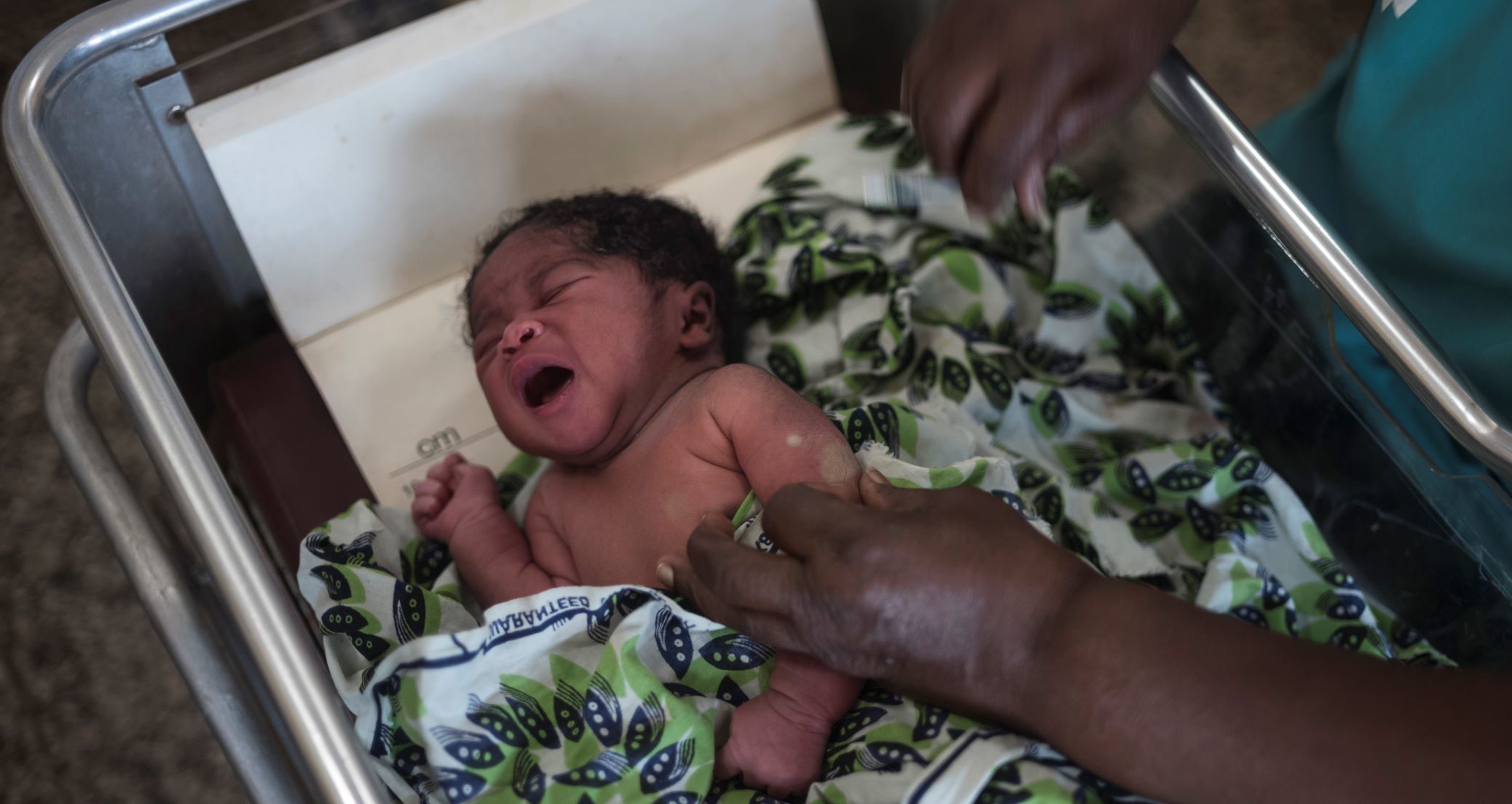Search
Research
Transcriptional rewiring in CD8+ T cells: implications for CAR-T cell therapy against solid tumoursT cells engineered to express chimeric-antigen receptors (CAR-T cells) can effectively control relapsed and refractory haematological malignancies in the clinic. However, the successes of CAR-T cell therapy have not been recapitulated in solid tumours due to a range of barriers such as immunosuppression, poor infiltration, and tumour heterogeneity.
Research
Mesothelioma survival prediction based on a six-gene transcriptomic signatureMesothelioma is a lethal cancer. Despite promising outcomes associated with immunotherapy, durable responses remain restricted to a minority of patients, highlighting the need for improved strategies that better predict outcome. Here, we described the development of a mesothelioma-specific gene signature that accurately predicts survival.
Research
Effect of a campaign with oral polio vaccine on general health: A cluster-randomised trial in rural Guinea-BissauObjectives: To investigate in a cluster-randomised trial whether a campaign with oral polio vaccine (C-OPV) reduced mortality and morbidity.

The veteran tuberculosis vaccine BCG has puzzled scientists for decades. Now, The Kids researchers have not only unlocked part of the secret to its success in saving the lives of newborns, but they’re at the forefront of global efforts to test its ability to fight COVID-19.
Research
Examining the overlap in lymphatic filariasis prevalence and malaria insecticide-treated net access-use in endemic AfricaEradication and elimination strategies for lymphatic filariasis (LF) primarily rely on multiple rounds of annual mass drug administration (MDA), but also may benefit from vector control interventions conducted by malaria vector control programs. We aim to examine the overlap in LF prevalence and malaria vector control to identify potential gaps in program coverage.
Research
Research priorities for preterm lung health research across the lifespan: a community priority setting partnershipIt is essential to embed patient and public perspectives into every stage of the research journey, including setting the future research agenda. The substantial gaps in our understanding of prematurity-associated lung disease presented a timely opportunity to determine the community's research priorities.
Research
The effect of comprehensive geriatric assessment on treatment decisions, supportive care received, and postoperative outcomes in older adults with cancer undergoing surgerySurgery is an essential part of cancer treatment, particularly for localised solid tumours. Geriatric assessments (GA) with tailored interventions or comprehensive GA (CGA) can identify frailty factors and needs of older adults with cancer, assisting treatment decisions and care strategies to reduce postoperative complications. This systematic review summarises the effects of GA/CGA compared to usual care for older adults with cancer intended for surgery: their impact on treatment decisions, supportive care interventions, postoperative complications, survival, and health-related quality of life.
Research
Psychosocial predictors of problem gambling severity in males: findings from a longitudinal study of Australian menGambling disorder has emerged as a significant public health issue in Australia. Men are more likely than women to gamble and to develop gambling disorder. This study aimed predict men’s problem gambling severity using a multivariate approach comprised of different indicators of psychosocial functioning, past gambling behavior, and demographics (age and socioeconomic disadvantage).
Research
Researchers’ self-reported adherence to ethical principles in Aboriginal and Torres Strait Islander health and medical research and views on improving conduct: a mixed methods studyTo examine researchers' reports of adherence to ethical principles in their most recent research project, including factors associated with higher self-reported adherence, and perceptions of how research conduct could be improved.
Research
Co-design of the neurodevelopment assessment scaleNeurodevelopmental disorders (NDDs) have high comorbidity rates and shared etiology. Nevertheless, NDD assessment is diagnosis-driven and focuses on symptom profiles of individual disorders, which hinders diagnosis and treatment. There is also no evidence-based, standardized transdiagnostic approach currently available to provide a full clinical picture of individuals with NDDs. The pressing need for transdiagnostic assessment led to the development of the Neurodevelopment Assessment Scale.
